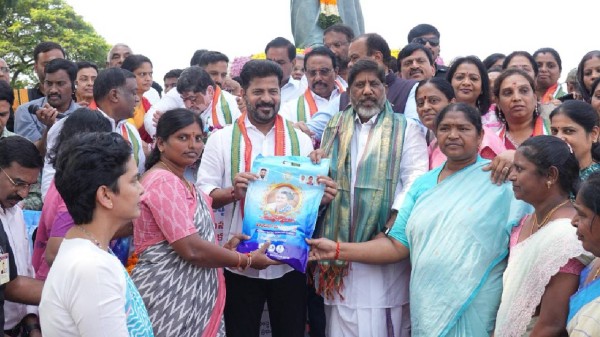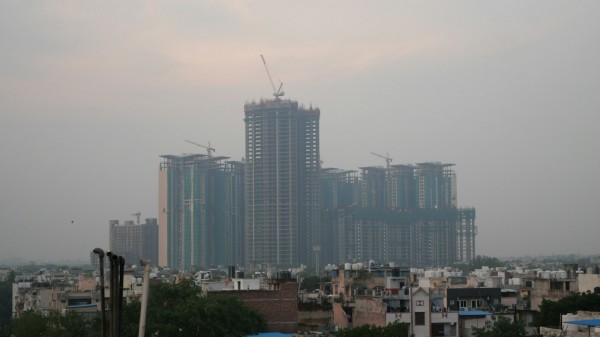

By signing in or creating an account, you agree with Associated Broadcasting Company's Terms & Conditions and Privacy Policy.


By signing in or creating an account, you agree with Associated Broadcasting Company's Terms & Conditions and Privacy Policy.

New Delhi: Eight years after it struck down the instant triple talaq or Talaq-e-Bidat, the Supreme Court on Monday signalled that it may consider striking down Talaq-e-Hasan, a form of unilateral Muslim divorce that allows a husband to end a marriage by pronouncing "talaq" once each month over a period of three months. During a hearing, a Bench of Justices Surya Kant, Ujjal Bhuyan and N Kotiswar Singh also indicated that the matter could be referred to a Constitution Bench for deeper examination.
Calling the issue one that "affects society at large", the Court asked all parties to file concise notes outlining the broad legal questions that must be adjudicated. Justice Kant remarked that a “civilised society” cannot permit practices that undermine the dignity of women, questioning whether such forms of divorce uphold constitutional values.
Talaq-e-Hasan or Talaq-ul-Sunnat is a traditional Islamic procedure in which a husband pronounces "talaq" once during each tuhr (a period of non-menstruation), over three consecutive months. If the couple resumes cohabitation after the first or second pronouncement, the divorce becomes void and reconciliation is presumed. Only if there is no resumption of marital relations does the divorce become final after the third utterance.
It therefore contains a built-in cooling-off period intended to allow for potential reconciliation.
Talaq-e-Bidat allow a husband to divorce his wife immediately and irrevocably by saying "talaq" three times in one go. There is no waiting period.
In 2017, the apex court in a 2-1 verdict struck down talaq-e-bidat as unconstitutional, saying that it violated Articles 14 and 21. Parliament later criminalised it through the Muslim Women (Protection of Rights on Marriage) Act, 2019.
The present case arises from a PIL filed by journalist Benazeer Heena in 2022. Benazeer has argued that the practice is discriminatory, unilateral and violates fundamental rights under Articles 14, 15, 21 and 25. Talking about her own experience, she said that her husband had divorced her through a Talaq-e-Hasan notice sent via a lawyer after her family refused to pay dowry, leaving her unable to establish marital status for basic administrative requirements such as her child's school admission.
The petitioner has sought gender and religion neutral procedures for divorce, arguing that marital laws must evolve to protect women's dignity and agency.












